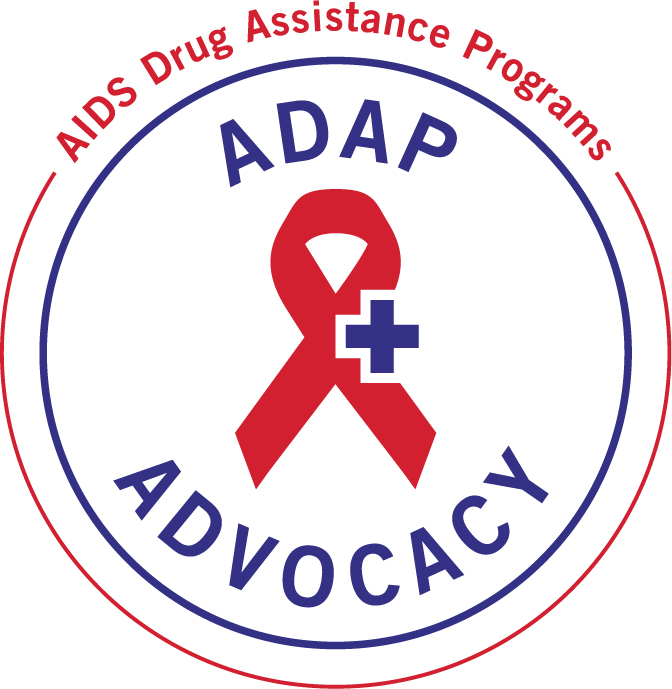Findings from Quantitative Surveying of Patients in the United States
WASHINGTON, DC, April 23, 2025 /24-7PressRelease/ — ADAP Advocacy today, as part of its 340B Project and in collaboration with the Community Access National Network (CANN), published a report on patient experiences with and perspectives on medical debt. The report – “Patient Medical Debt: Findings from Quantitative Surveying of Patients in the United States – April 2025” – found that nearly four out of five patients delayed or avoided medical care due to inability to pay (excluding the purchase of prescription drugs), and three-fourths of patients held medical debt.
Brandon M. Macsata, CEO of ADAP Advocacy, summarized: “The rising medical debt crisis in the United States is impacting patients across all chronic health conditions, including patients living with HIV. We are concerned that the big hospital systems are reaping the benefits of the 340B Drug Pricing Program, affording them lucrative drug rebates that are supposed to be used to expand access to affordable healthcare services, but not using those dollars as intended by the law. Studies have shown nearly seventy-five percent of medical debt is actually debt owed to hospitals, or hospital debt.”
ADAP Advocacy received 673 responses to the Patient Medical Debt Survey. The report’s key findings include:
• When asked if they have ever delayed or avoided medical care (excluding the purchase of prescription drugs) due to their inability to pay, 77% of respondents (n=484) indicated that indicated “yes.”
• Similarly, 71% (n=442) indicated that they have delayed or avoided purchasing prescription drugs because of their inability to afford associated out-of-pocket costs.
• When asked if they personally held medical debt, 74% of respondents (n=460) indicated they did.
• Those respondents holding medical debt indicated that their debt is largely held by hospitals (39%) and specialty care physicians (22%).
• 66% (n=304) indicated that their medical debt is currently in collections.
• 40% (n=182) indicated that medical debt had impacted their credit scores.
• 70% (n=324) indicated that medical debt impacted their health status.
The report included findings from a quantitative survey of patients in the United States. The report can be downloaded here: https://tinyurl.com/yc635dcz.
To learn more about ADAP Advocacy, 340B Drug Pricing Program, or patient medical debt, please email info@adapadvocacy.org.
About ADAP Advocacy: ADAP Advocacy’s mission is to promote and enhance the AIDS Drug Assistance Programs (ADAPs) and improves access to care for persons living with HIV/AIDS. ADAP Advocacy works with advocates, community, health care, government, patients, pharmaceutical companies, and other stakeholders to raise awareness, offer patient educational programs, and foster greater community collaboration.
—
For the original version of this press release, please visit 24-7PressRelease.com here





